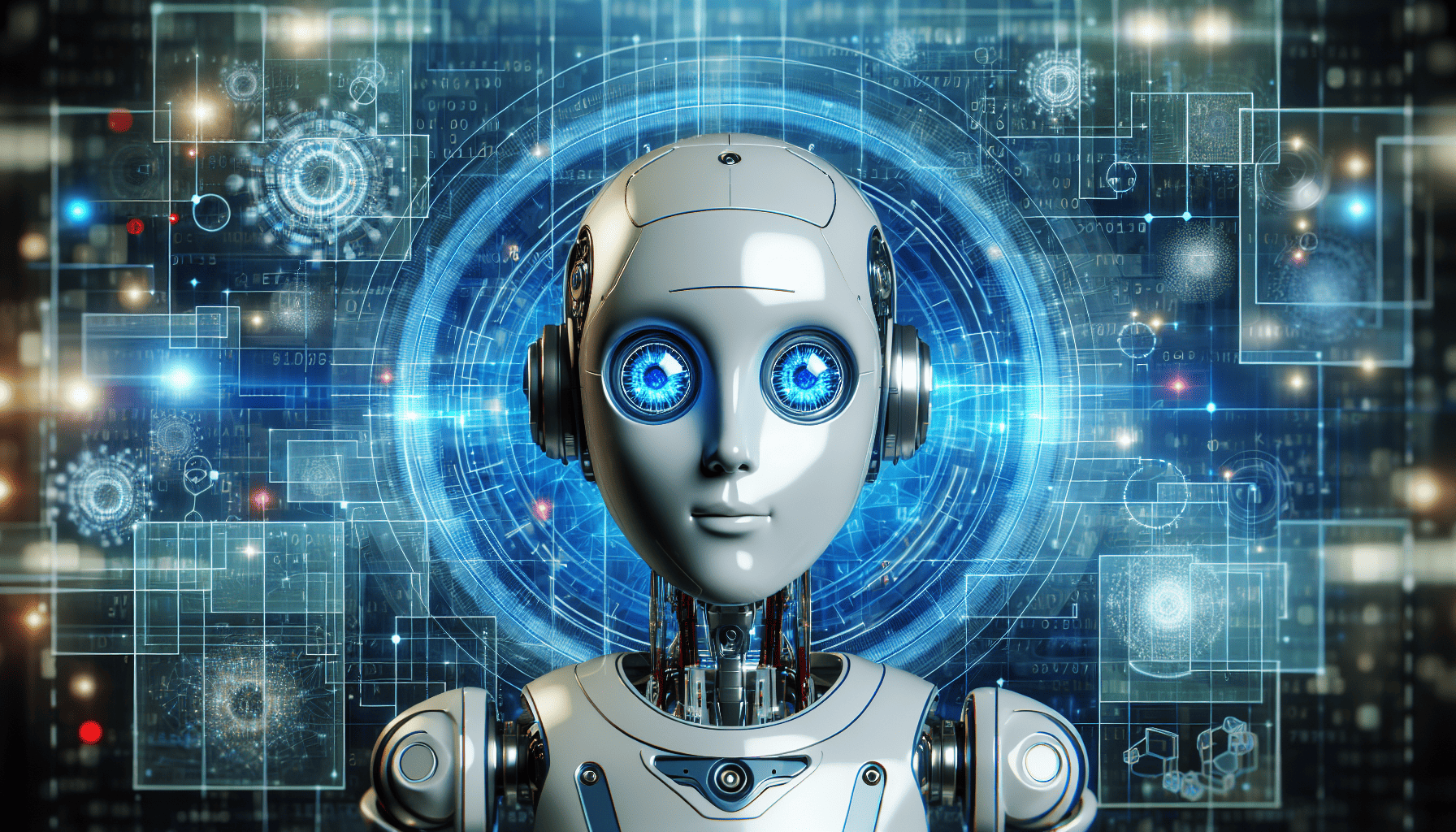Artificial intelligence (AI) is rapidly transforming our world, reshaping industries, and influencing almost every aspect of our daily lives. This revolutionary technology, characterized by computers and machines mimicking human cognition, has progressed from a futuristic concept to a practical tool integral to modern living. As AI continues to evolve, its profound impact is being felt across various sectors, redefining traditional roles and creating unprecedented opportunities.
One of the most significant areas experiencing change due to AI is the workplace. Automation and machine learning have enhanced productivity, allowing companies to streamline operations and reduce costs. Tasks that were once performed exclusively by human hands, such as data entry and analysis, can now be efficiently handled by AI systems, freeing up human resources for more complex, creative, and strategic work. This shift not only boosts efficiency but also elevates the nature of work, fostering innovation and intellectual engagement.
In the healthcare sector, AI is paving the way for groundbreaking advancements. With the ability to process vast amounts of data rapidly and accurately, AI is transforming diagnostics, personalized medicine, and patient care. Algorithms can now analyze medical images with remarkable precision, detecting abnormalities that might be missed by the human eye. Furthermore, AI-driven predictive analytics are helping clinicians provide proactive treatments, reducing hospital readmissions and improving patient outcomes. These technological strides promise to enhance the quality and accessibility of healthcare globally.
The impact of AI is also profound in the field of transportation. Autonomous vehicles, powered by advanced AI systems, are on the cusp of becoming a common sight on our roads. These vehicles have the potential to revolutionize mobility, making transportation safer and more efficient while reducing the environmental footprint. AI technology is also optimizing traffic management systems, predicting congestion patterns, and improving public transit operations, thereby enhancing urban mobility.
In the realm of finance, AI is transforming how services are delivered. From algorithmic trading to fraud detection, AI systems are making financial operations faster, more accurate, and far more secure. Consumers benefit from personalized banking experiences, with AI enabling tailored financial advice and credit assessments that reflect individual circumstances. These innovations increase trust and accessibility, encouraging a more inclusive financial ecosystem.
However, the rise of AI also presents challenges that society must navigate, such as ethical considerations and the potential for job displacement. As machines become more capable, there is growing debate over the implications for privacy, security, and the future of work. Ensuring that AI systems are transparent, fair, and used responsibly is paramount, requiring collaboration between governments, industries, and communities.
Education plays a critical role in preparing future generations to thrive in an AI-driven world. By integrating AI literacy and digital skills into curricula, we can equip individuals with the competencies needed to work alongside AI technologies. Emphasizing lifelong learning becomes essential, as the pace of technological change necessitates continuous skill development.
AI's transformative power is undeniable, ushering in an era of unprecedented possibilities. As it continues to evolve and integrate into various facets of life, its positive impacts will likely only increase, driving humanity towards a more interconnected and efficient future. Embracing this change, while conscientiously addressing the associated challenges, will be key to harnessing the full potential of artificial intelligence for the betterment of society.
